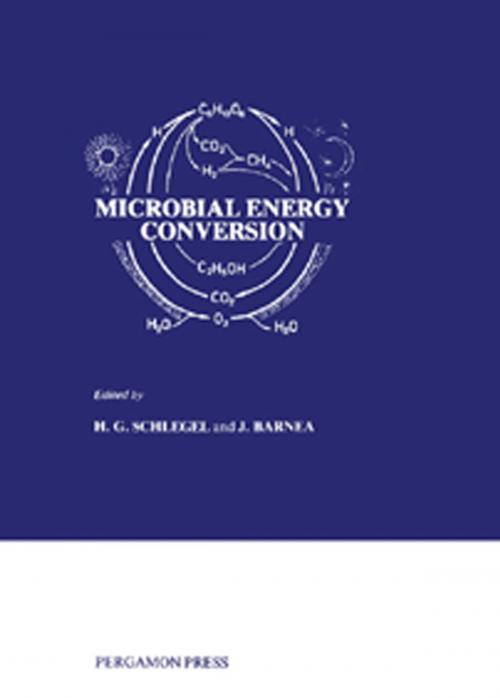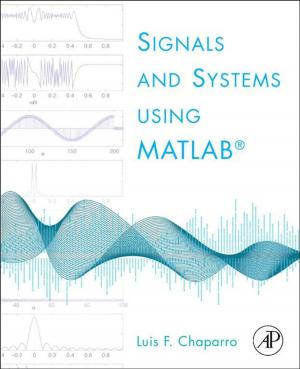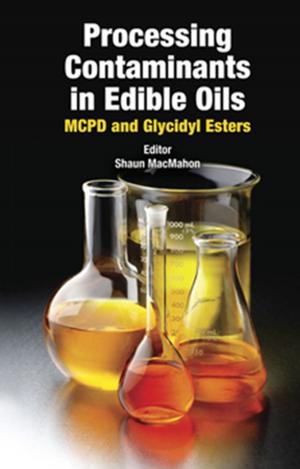Microbial Energy Conversion
The Proceedings of a Seminar Sponsored by the UN Institute for Training and Research (UNITAR) and the Ministry for Research and Technology of the Federal Republic of Germany Held in Göttingen, October 1976
Nonfiction, Science & Nature, Technology, Engineering, Mechanical| Author: | ISBN: | 9781483139128 | |
| Publisher: | Elsevier Science | Publication: | October 22, 2013 |
| Imprint: | Pergamon | Language: | English |
| Author: | |
| ISBN: | 9781483139128 |
| Publisher: | Elsevier Science |
| Publication: | October 22, 2013 |
| Imprint: | Pergamon |
| Language: | English |
Microbial Energy Conversion documents the proceedings of a seminar in Gottingen in October 1976.
This book discusses the potential of microorganisms to use solar energy or convert biomass produced by solar energy in such a way that new microbial energy sources can supplement or partially replace conventional sources.
This compilation reviews biomass production and elaborates on in detail the microbial processes that are involved in the conversion of the primary biomass—either freshly harvested or disposed of as waste—into energy sources that are similar to hydrogen, methane, propane, gasoline, Diesel oil, methanol, ethanol, or electricity. The microbial processes that contribute to the development of known energy resources, such as mining of low grade ores of copper, zinc, and uranium; reclamation of oil from oil shale; and recovery of conventional and heavy oil and gas, are also deliberated. This text likewise elaborates on the study of photosynthetic enzyme systems, hydrogenase, immobilization of enzymes and pigments on membranes, and construction of artificial photosynthetic units.
This book is beneficial to students and researchers conducting work on microbial energy conversion.
Microbial Energy Conversion documents the proceedings of a seminar in Gottingen in October 1976.
This book discusses the potential of microorganisms to use solar energy or convert biomass produced by solar energy in such a way that new microbial energy sources can supplement or partially replace conventional sources.
This compilation reviews biomass production and elaborates on in detail the microbial processes that are involved in the conversion of the primary biomass—either freshly harvested or disposed of as waste—into energy sources that are similar to hydrogen, methane, propane, gasoline, Diesel oil, methanol, ethanol, or electricity. The microbial processes that contribute to the development of known energy resources, such as mining of low grade ores of copper, zinc, and uranium; reclamation of oil from oil shale; and recovery of conventional and heavy oil and gas, are also deliberated. This text likewise elaborates on the study of photosynthetic enzyme systems, hydrogenase, immobilization of enzymes and pigments on membranes, and construction of artificial photosynthetic units.
This book is beneficial to students and researchers conducting work on microbial energy conversion.















